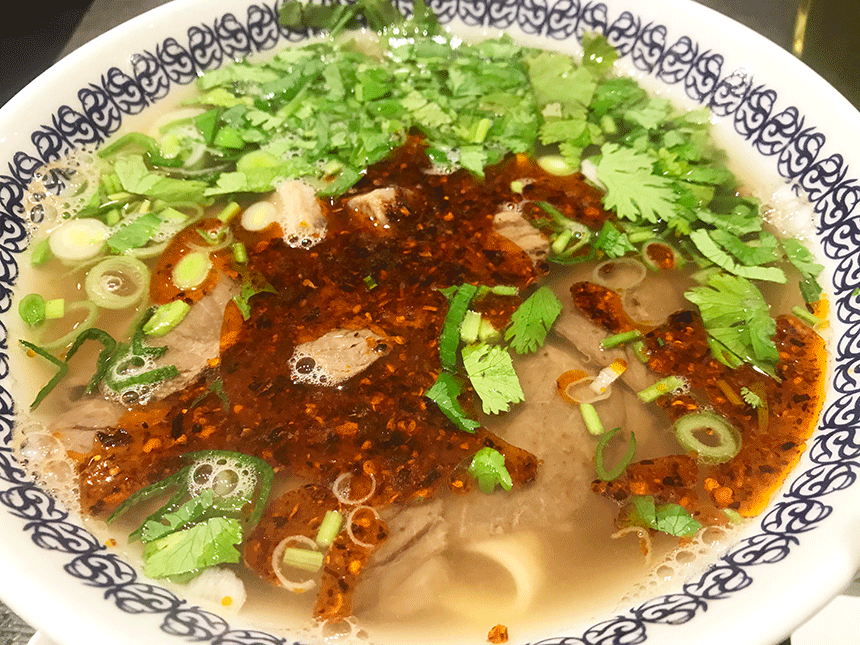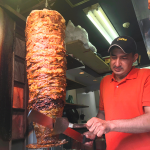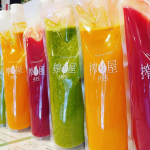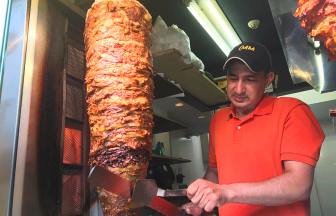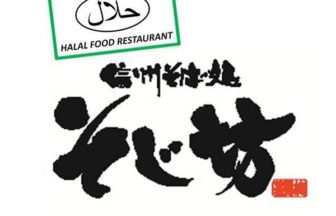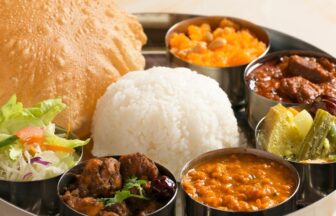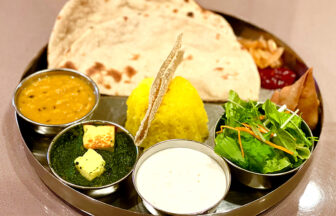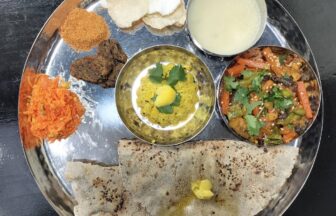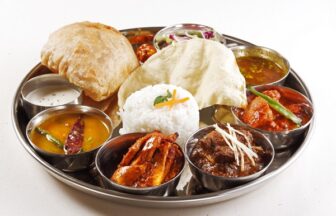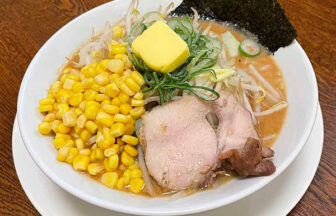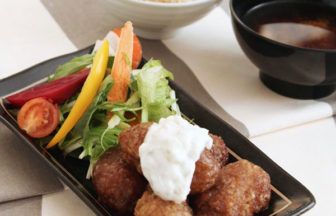Famous Chinese Mazulu Lanzhou lamian opened in Jimbocho
It is a famous store that is often featured on TV and other media. Lanzhou Ramen originated in Lanzhou City, Gansu Province, China. It is a popular noodle dish that is made with carefully cooked beef bones and hand-made wheat noodles.
There are many Muslim minorities living in the area around Gansu Province, and you can often see the sign of “genuine cuisine.” Lanzhou ramen is also one of the authentic dishes and uses halal ingredients.
In Japan, noodle dishes called Kampo soup and hand-made noodles are not well known, but in the last few years, Lanzhou ramen has undergone a secret fad. The store has many female fans, because it has a light taste and is easy to eat.
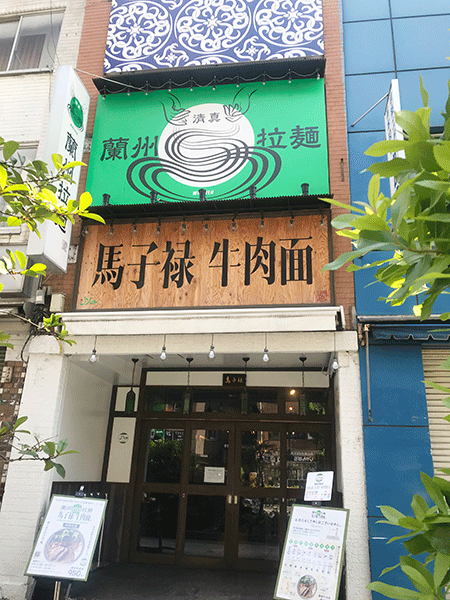
Mazulu Lanzhou lamian in Jinbocho
First, when you enter the shop, you will order and pay at the cashier at the entrance.
The feature of Lanzhou ramen is the handmade noodles. All menus are hand-cooked noodles and they start making the noodles after receiving orders.
Therefore, when I first visited the store, I thought it would take time to serve the order. However, the ramen was delivered as soon as I got seated.
I think it was because I went there during a relatively free time, but I was surprised by the speed. It is master craftsmanship. They simmer and boil noodles after the order is being placed.
Because all noodles are hand-made, you can choose from 9 types of noodles, such as thin noodles, flat noodles, and triangular noodles. And actually, you can enjoy this vivid craftsmanship since the kitchin is behind the see-through glass.
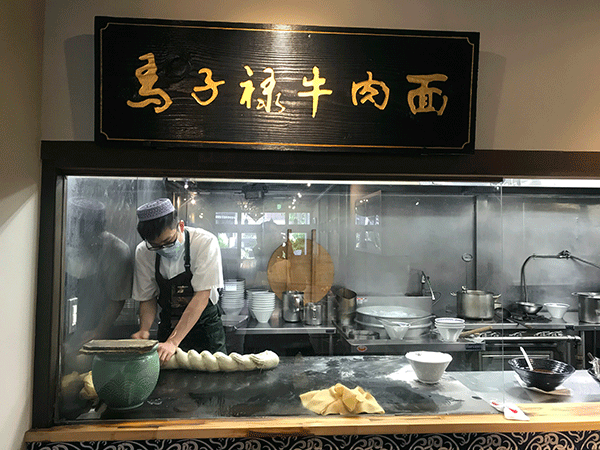
Skilled craftsmanship learned/trained in China
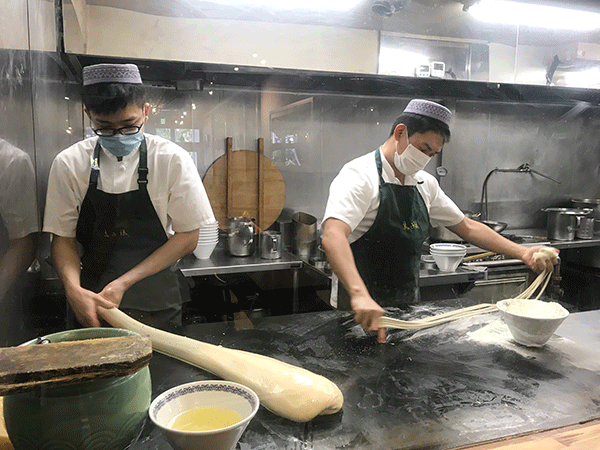
Hand-cooked noodles after receiving the order
Absolutely confident in the taste, the menu is only Lanzhou lamian! w/ Centennial traditional beef medicinal soup!
A normal ramen shop has various tastes and side menus, but Mazulu Lanzhou lamian only has Lanzhou ramen for its menu. You can additionally order a topping menu, such as parsley coriander and beef. And the drink menu is only tea. This is because they are so confident in their taste and tradition.
The secret soup, which has a history of 100 years, uses domestic halal beef and is carefully cooked for a long time with spices.
The clear and transparent soup is light, but you can feel the condensed umami of beef. It is served with homemade chili oil blended with spices, topped with pacchi, garlic leaves, sliced beef and radish.
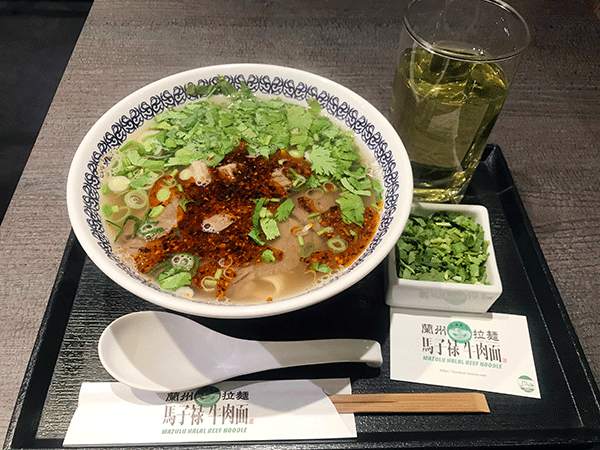
Lanzhou lamian 950 yen w/ large Coriander topping 150 yen
The recommended homemade noodles from the restaurant are thin noodles and triangular noodles. Triangular noodles are thick noodles like udon noodles. It is interesting that the texture and taste change depending on the shape of the noodles.
The noodles are large in volume, so if you are not good at eating quickly, you may want to choose a larger shape that is hard to grow with sucking the soup. Personal recommendation, a large serving of coriander (pakchi) will give it a refreshing taste.
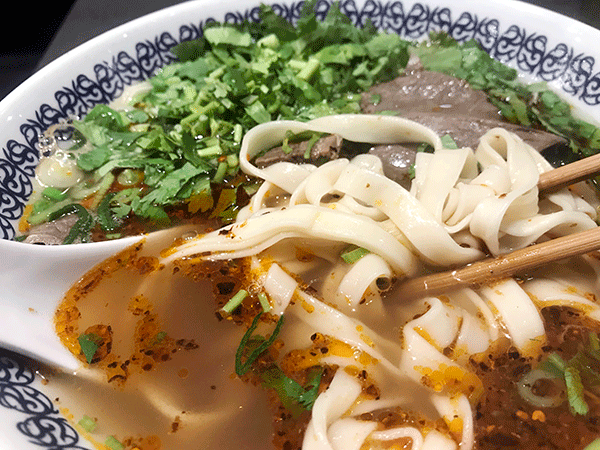
Thin flat noodles
A complete Halal certified shop! No alcohol provided.
The menu is only Halal’s Lanzhou Ramen. There is no alcohol menu. Near the entrance you can find a Halal Mark and a Crescent Rating certificate.
This Crescent Rating is a survey of Muslim tourism assosiation. It is a halal rating, and a rating of “AAA” means it has achieved the best halal response.
As of May 2020, Muslim employees are enrolled, but the chef is Chinese and not Muslim.
The owner is Japanese. He was fascinated by Lanzhou ramen in Japan and opened a shop after repeated training at the hometown of Maru.
It is also a certified store of the title “Junghwa Lao Zhao,” which was published and given by the Chinese government.
There are Jimbocho store and the Tokyo station store that opened in 2019.
You can use credit cards and electronic money to make payments. Both stores are close to the station.
Tokyo Station store is particularly convenient because it is directly connected to the station. Please come visit when you are nearby!
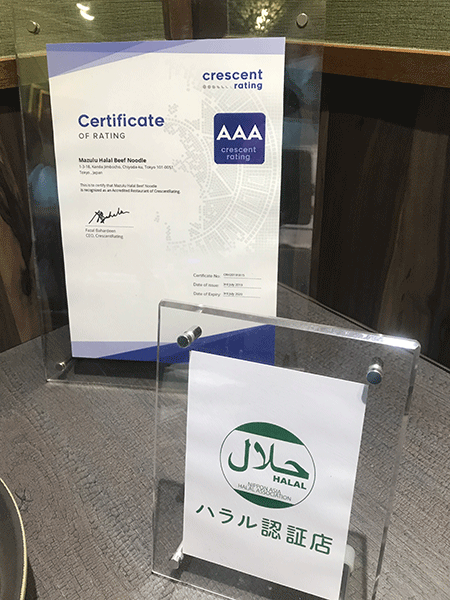
Crescent Rating “AAA”
Supervisor / Recommender

- Halal Supervisor and Foreigner Food Coordinator (Cooking, Consulting, Public Relations)
-
Click here for introduction
I currently work as an editor, but my previous job was as a chef, with many years of experience working in hospitals, restaurants, and the food service industry. Looking back, I think my connection to halal may have already been there.
Decades ago, I once worked in a cafeteria at an auction venue. Over 60% of the visitors were foreigners. Many Muslims were present, and the venue had a mosque-like prayer space. I remember being frequently asked questions about whether the meat was halal and what kind of meat it was. At certain times, the cafeteria would become as lively as a festival. The Indian restaurant next door would generously serve free biryani, curry, and sweet drinks to everyone who came. Over 100 people, including people wearing bright red turbans, galabeyas, and traditional attire, gathered in the cafeteria, all sitting around the same table and enjoying a truly enjoyable time. Looking back, it was iftar, the end of fasting, and I understand the significance of sharing, but at the time I was ignorant of halal and Islam, and didn't even consider how to respond. They only ate the curry made by the Indians in the restaurant. As I studied halal, I realized, "I wanted to eat Japanese food, but I couldn't." I regret not doing anything even though there was something I could have done.
If only it didn't contain pork! If only it didn't contain wheat or buckwheat! I could eat it... Food insecurity is different for each person.
That's why I think it's important to learn about the differences in culture, religion, and lifestyle that underlie it, and to create an environment where everyone can enjoy delicious meals in comfort.
The desire for delicious, safe, and secure food is universal. The times are calling for people to live in new ways that transcend borders and religions. I hope that halal can be a gateway to eliminating food insecurity, contributing even in some small way to a society where people can coexist and prosper with more liberal thinking, and to global harmony beyond.
Latest entries
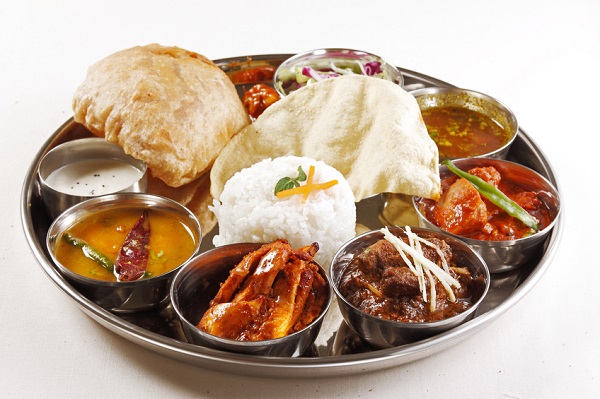 Tokyo2023年11月4日Dakshin South Indian Restaurant Otemachi Branch
Tokyo2023年11月4日Dakshin South Indian Restaurant Otemachi Branch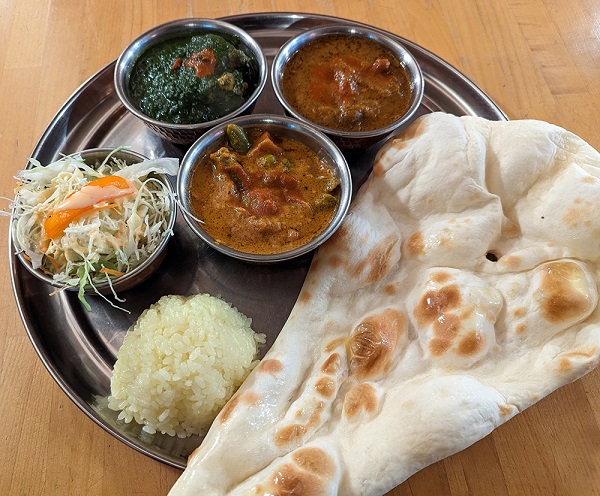 Tokyo2023年10月23日Gandhi Mahal
Tokyo2023年10月23日Gandhi Mahal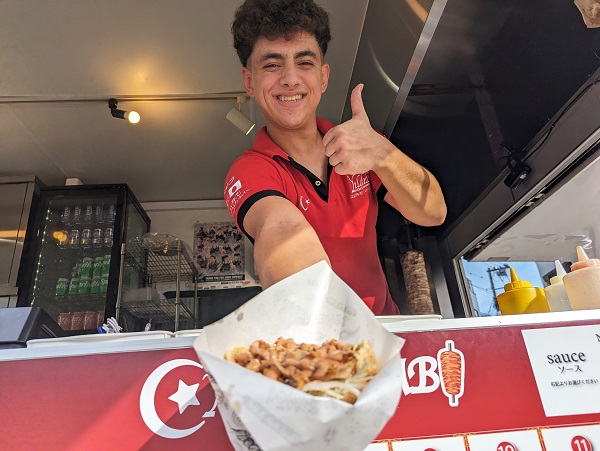 Tokyo2023年10月23日Yıldız KEBAB
Tokyo2023年10月23日Yıldız KEBAB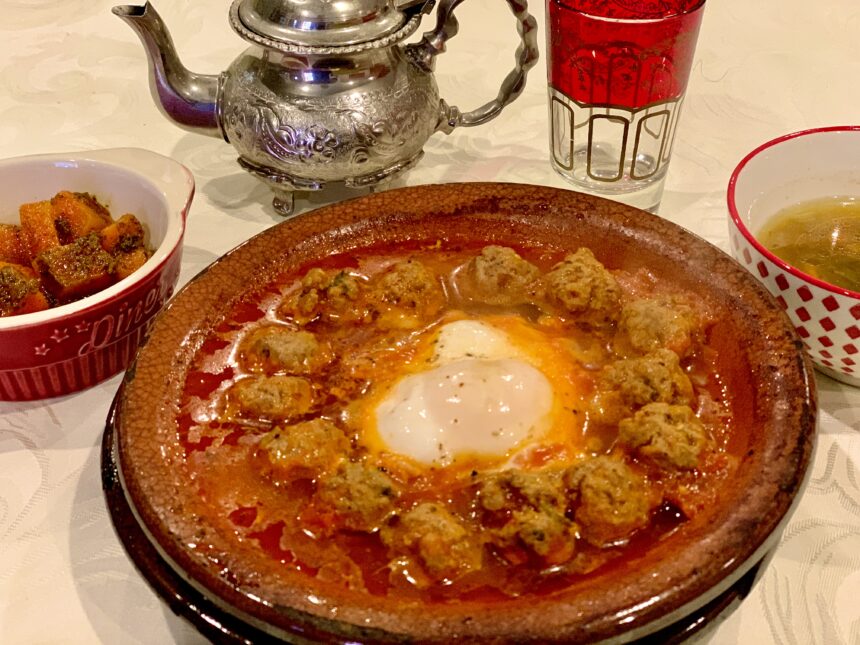 Tokyo2023年10月4日Restaurant Morocco
Tokyo2023年10月4日Restaurant Morocco

